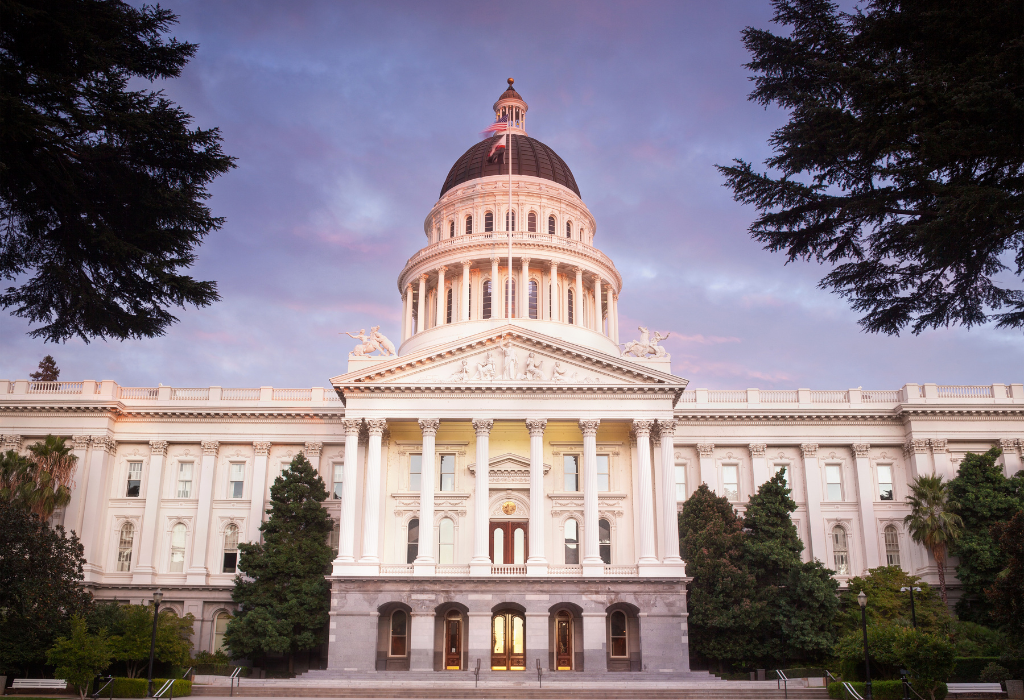
FOR IMMEDIATE RELEASE
June 28, 2023
MEDIA CONTACT:
Robin Tung, robin@buildingdecarb.org, 805-405-8167
The budget agreement maintained $432 million for this budget year’s Equitable Building Decarbonization program funding but zeroed out funding for Community Resilience Centers
Sacramento, Calif. — California Governor Gavin Newsom and the Legislature reached a budget agreement yesterday that cut $50 million from funding for an important program aimed at upgrading the state’s homes and buildings with clean energy technologies like heat pumps, which cut pollution, lower energy bills, and boost resilience in the face of climate change. The $432 million investment in the Equitable Building Decarbonization Program for this year, although lower than the Senate’s “Protect Our Progress” proposal, is higher than both the Governor and Assembly’s proposals, and is a critical step towards meeting the massive need in California.
“Low-income and working-class Californians urgently need access to clean cooling and clean air. This funding will help equip households with zero-emissions appliances like heat pumps, which build climate resilience, reduce pollution, and improve air quality. Decarbonizing our built environment protects Californians from the impacts and stresses of climate change and we need continued major investments to ensure that the state can advance our clean energy future,” said Jose Torres, California Director of the Building Decarbonization Coalition. “We will continue to work with the Governor and Legislature to ensure that California leads a full charge towards its climate targets.”
The budget includes the following funding allocations for the 2023-2024 year:
- $432M for the Energy Commission’s Equitable Building Decarbonization Program to create healthy and resilient homes through clean energy technology, weatherization, and other upgrades, prioritizing low-income and environmental justice communities.
- $95M for the existing TECH Clean California program to accelerate the statewide adoption of heat pumps for space and water heating.
- $20M for the California Air Resources Board to accelerate the adoption of ultra-low-global-warming-potential refrigerants to help reduce ozone depletion and its harmful effects on human health.
- $25M for the Department of Community Services and Development’s Low-Income Weatherization Program to upgrade multi-family housing.
- $10M from the Greenhouse Gas Reduction Fund for the Energy Commission’s new Building Energy Benchmarking Program to track energy use in large commercial and multi-family buildings.
- $10M for the California Energy Commission’s new Technical Assistance for Federal Tax Credits program to assist Californians in accessing incentives and tax credits granted by the federal Inflation Reduction Act.
However, funding for some critical climate programs were completely lost. In a major blow to California’s efforts to protect working-class communities during climate emergencies, the budget agreement eliminated previously allocated funding for Community Resilience Centers – and may move the funding the state committed last year to a potential bond, which will require voter approval at a future date. The Community Resilience Centers program upgrades public buildings like libraries, schools, and community centers with clean energy technologies and is an essential strategy to ensure that community residents can access backup power, clean air, and cooling during climate emergencies.
“California’s working-class communities of color need Community Resilience Centers now. In the face of intensifying climate disasters like extreme heat and wildfires, this funding is acutely needed to upgrade essential community spaces that vulnerable residents depend on. Putting off this funding to a future bond that may not pass leaves our frontline communities behind. We need California’s leaders to prioritize funding for Community Resilience Centers,” said Stephanie Tsai, Senior California Policy & Campaign Manager at the Building Decarbonization Coalition.
The Building Decarbonization Coalition along with climate justice and environmental organizations will be working with the Governor and Legislature to restore funding for Community Resilience Centers in the upcoming bond, future budget trailer bills, and through other avenues.
###
The Building Decarbonization Coalition (BDC) aligns critical stakeholders on a path to transform the nation’s buildings through clean energy, using policy, research, market development and public engagement. The BDC and its members are charting the course to eliminate fossil fuels in buildings to improve people’s health, cut climate and air pollution, prioritize high-road jobs, and ensure that our communities are more resilient to the impacts of climate change.
